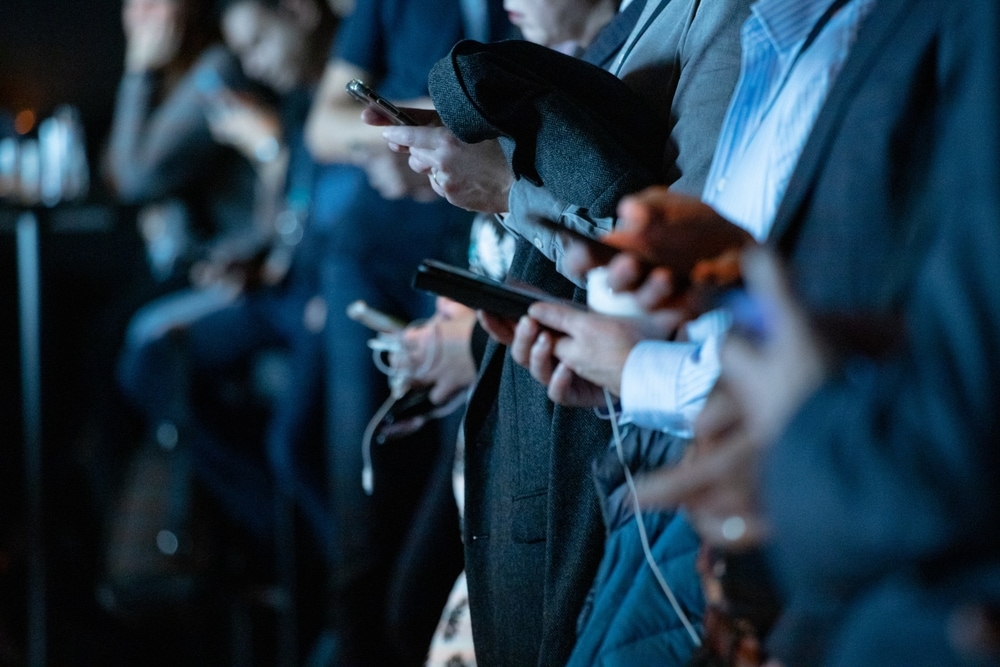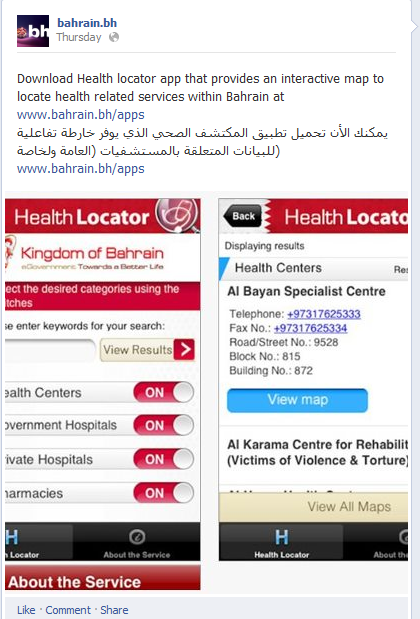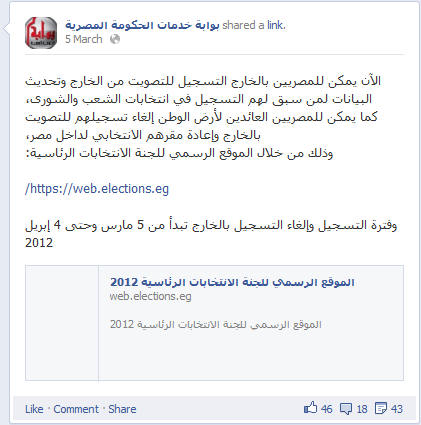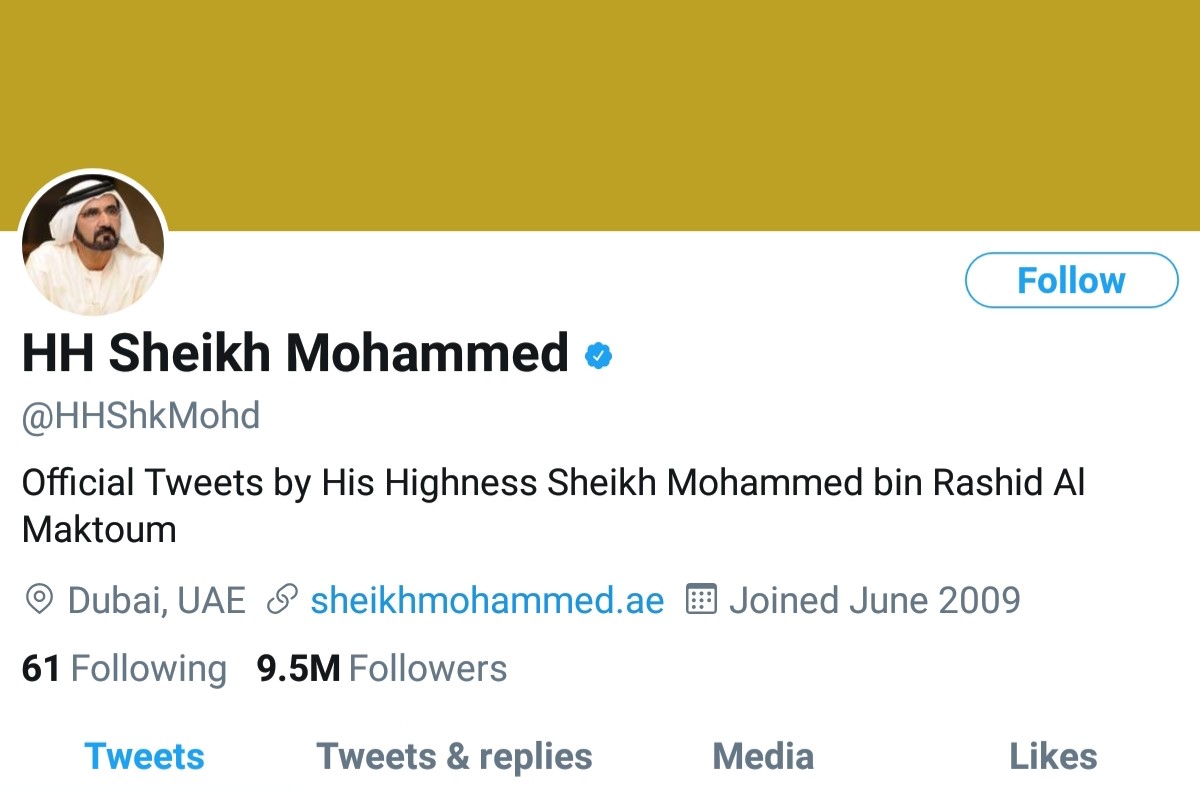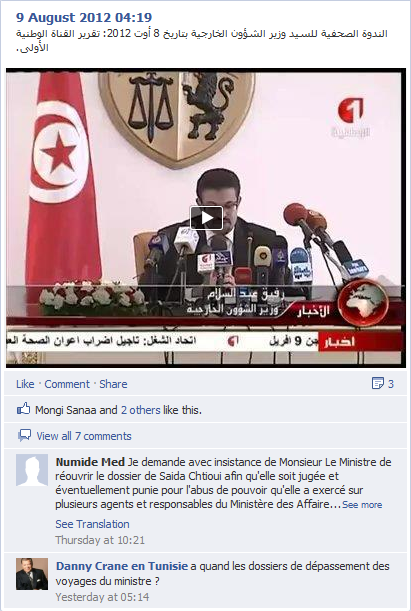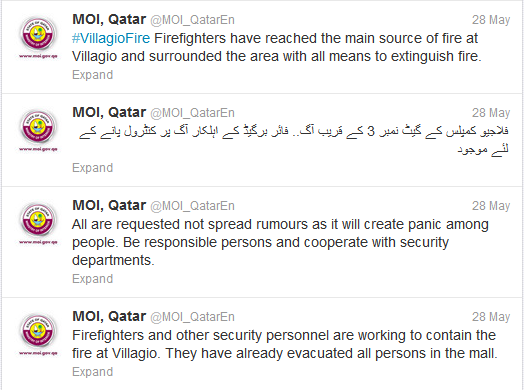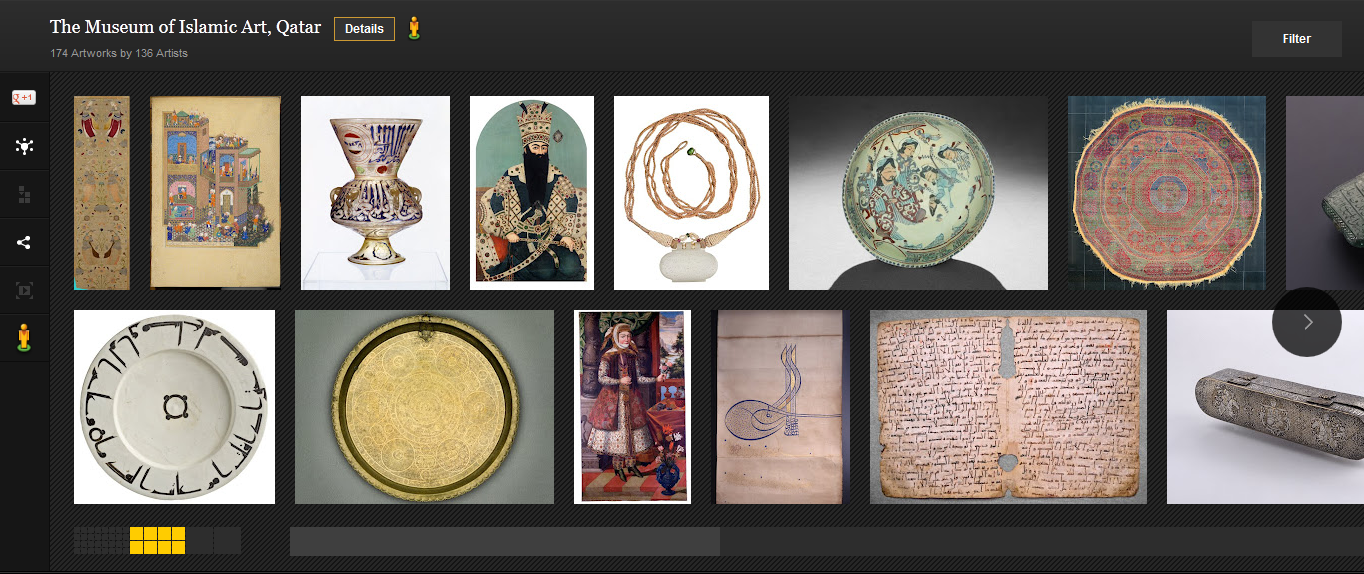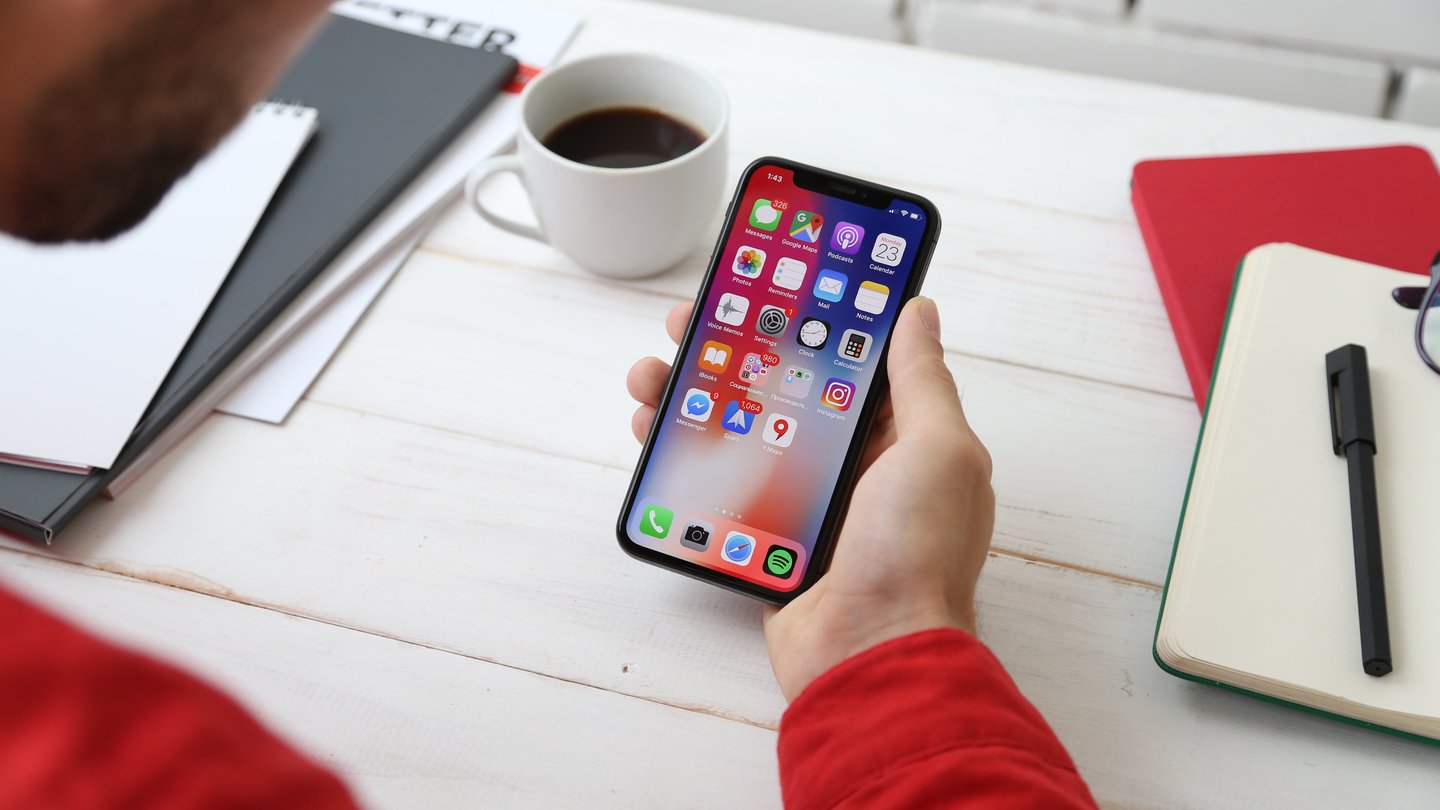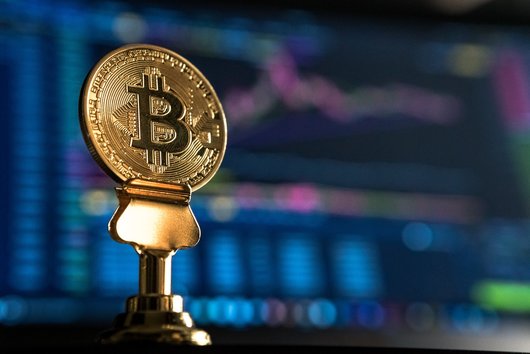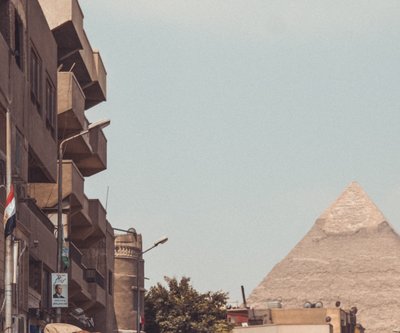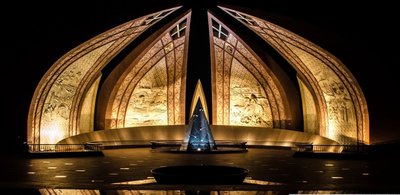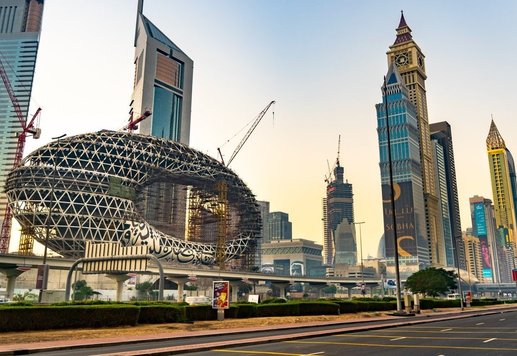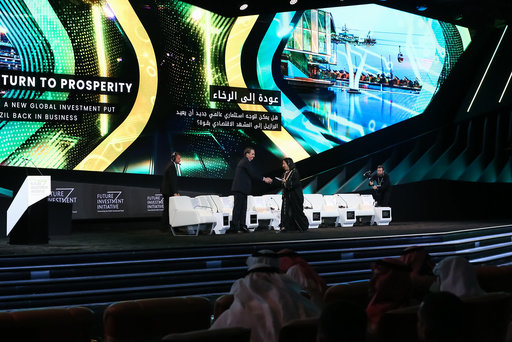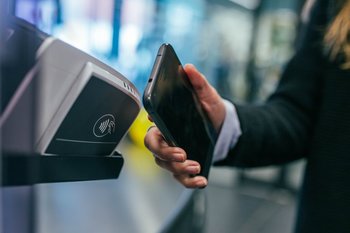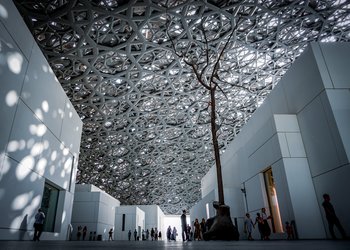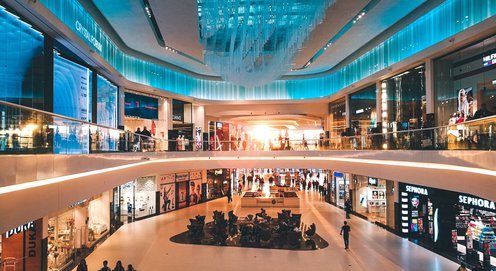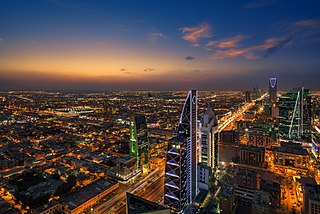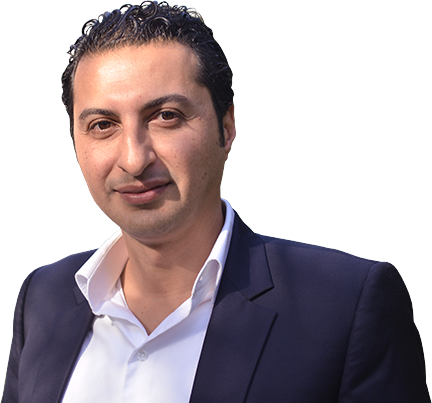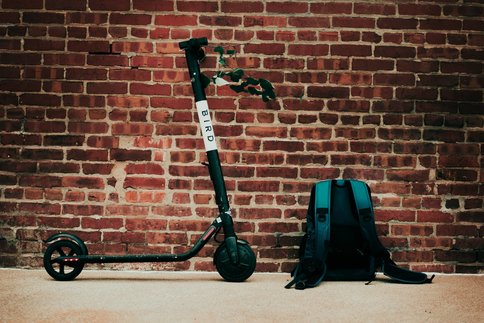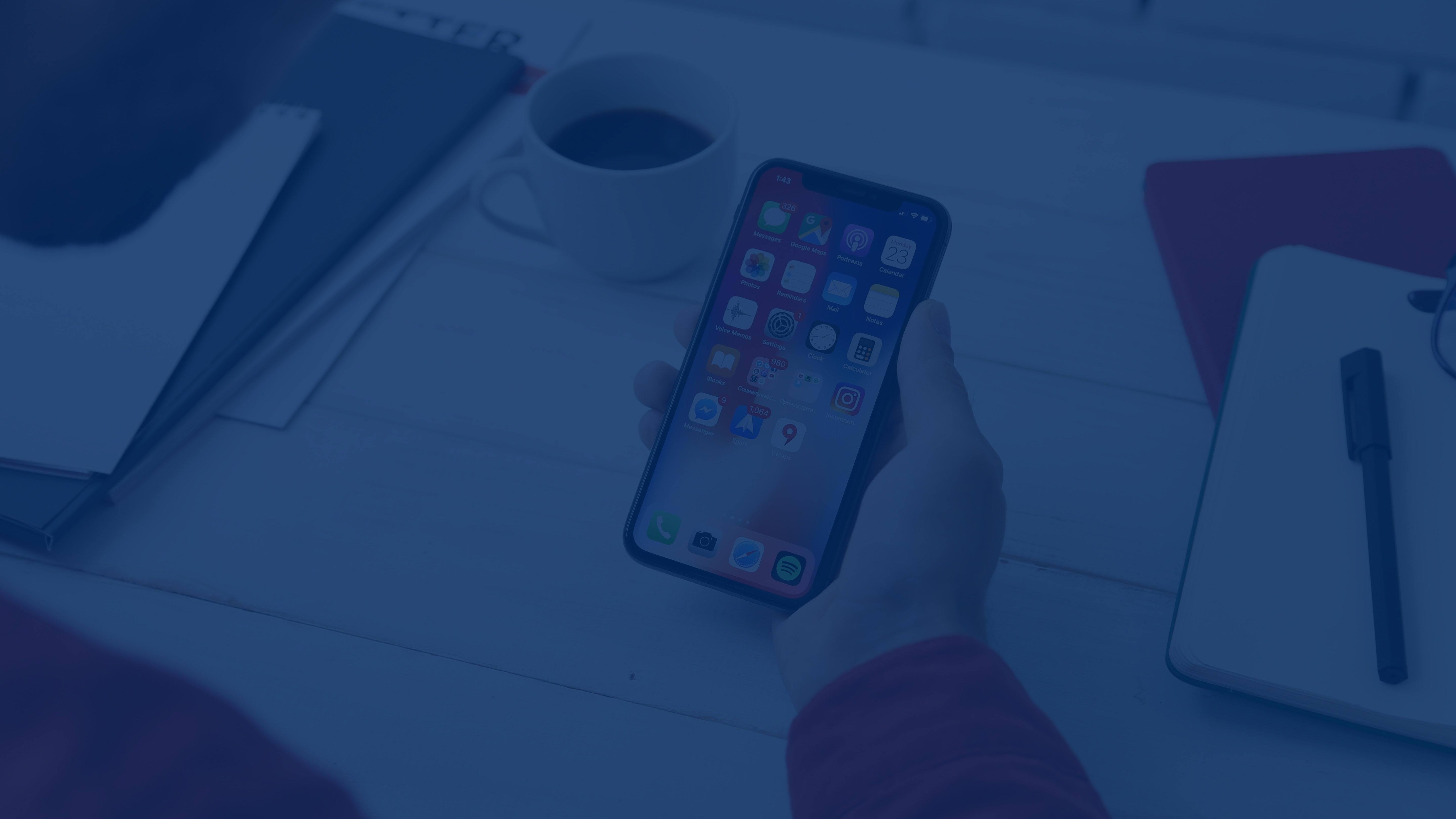How governments in the region are pushing the boundaries of virtual governance
- The role of social media during the Arab Spring demonstrated the looming potential of digital platforms to enhance government-citizen relations
- Social media has been primarily used for citizen engagement with government, heritage promotion and for health and social awareness campaigns
The role of social media in the Arab Spring provides very tangible evidence of its potential effectiveness in inspiring social and civic participation. These events have raised the stakes for regional governments to develop cohesive social media strategies to inform and engage the public. This post highlights 13 examples of social media use by Arab governments.
Citizen Engagement and Informed Participation by the Public
Providing information on government services
Bahrain uses social media platforms such as Facebook to raise awareness about its smart phone-based applications via which citizens can access Service. For example, the Health Locator App provides an interactive map to locate hospitals, health centers, and pharmacies in Bahrain.
Informing the public about the elections
For Egypt’s historic election, the Egyptian government used Facebook to reach out to Egyptians abroad to ensure they registered for the presidential and parliamentary elections.
News-oriented posts (Breaking News, latest news from administration, photo of the day)
His Highness Sheikh Mohammed bin Rashid Al Maktoum covers breaking news and follows his activities in both English and Arabic. With 1 million + Twitter followers Sheikh Mohammed in the most followed Arab leader.
Digital Diplomacy and Real-time interviews with public officials or quotes from major speeches as they happen
With the exception of Sheik Mohammed in the UAE, we are unaware of any examples of real-time interviews of Arab leaders similar to the Obama administration’s chats that have taken place on YouTube, Google+, and Twitter.
Crowdsourcing ideas around public policies and responding to questions about policies
Although there are a number of government excellence awards in the Arab World, none have leveraged social media to crowdsource and vote on public policies. An interesting example is the Securing Americans’ Value and Efficiency Award which enables federal employees from across the government to submit their ideas for efficiencies and savings as part of the annual Budget process. The public then votes online to choose the winner with the winner invited to Washington to present their idea to the President. Over the past three years, federal employees have submitted more than 75,000 cost-cutting ideas through the ward.
Links to press conferences and external media to draw a link between public policy and results
Several Tunisian Ministries run Facebook pages that feature press conferences and show ministers on the ground performing their duties.
Emergency Response
In May 2012, a fire broke out at a major shopping mall in Qatar. The Qatar Ministry of the Interior resorted to Twitter to inform the public on the progress of rescue efforts.
Citizen Engagement with Government
Virtual town halls in which citizens pose questions to policymakers in real-time
Beginning in 2000, Sheikh Mohammed bin Rashid Al Maktoum, Vice President and Prime Minister of UAE and Ruler of Dubai, started using technology to host virtual townhalls. His most recent townhalls are hosted on the Ministry of Cabinet Affairs website and allow citizens to ask questions about the government, its strategy, and ministries. Although it isn’t clear if the questions are posted in real-time or hand-picked, Sheikh Mohammed answers each question and the reply is posted on the department’s website.
Venues where citizens can report issues in their communities
Through Abu Dhabi CityGuard, citizens, referred to as “customers,” can report public safety, consumer protection, and environmental issues by taking a photo, movie, or audio of the reported incident and tagging the location on a map. CityGuard is an attempt to increase civic participation and involves a partnership between Abu Dhabi Emirate, Abu Dhabi Police, Department of Transport, Abu Dhabi Food Control Authority and Health Authority – Abu Dhabi.
Open Data
Portals for citizens to find, download, and assess government data, empowering citizens by allowing them to view information from diverse sources, solve problems, and build awareness of the government’s role in activities affecting daily activities.
Bahrain, Morocco, Saudi Arabia, and UAE all have open data portals that allow the public to participate in government by providing downloadable datasets to build applications, conduct analyses, and perform research.
Cultural Engagement and Heritage Promotion
Using images of national libraries, museums, or archives to engage the public in cultural activities
Qatar’s Museum of Islamic Art uses Facebook, Twitter, and Youtube to feature their collection and promote cultural participation. A recent partnership with the Google Art Project offers high-resolution pictures of selected pieces in their collection.
Health and Social Awareness Campaigns
Reaching out to targeted populations to increase awareness of health and social issues to influence behavior change
With an estimated 50% of the Omani population under 25, The Ministry of Heath’s Let’s Rise campaign relies heavily on social media to promote healthy living by providing tips and advice on a range of health topics, including sports, food, and more.















